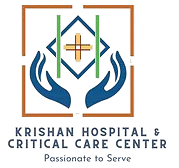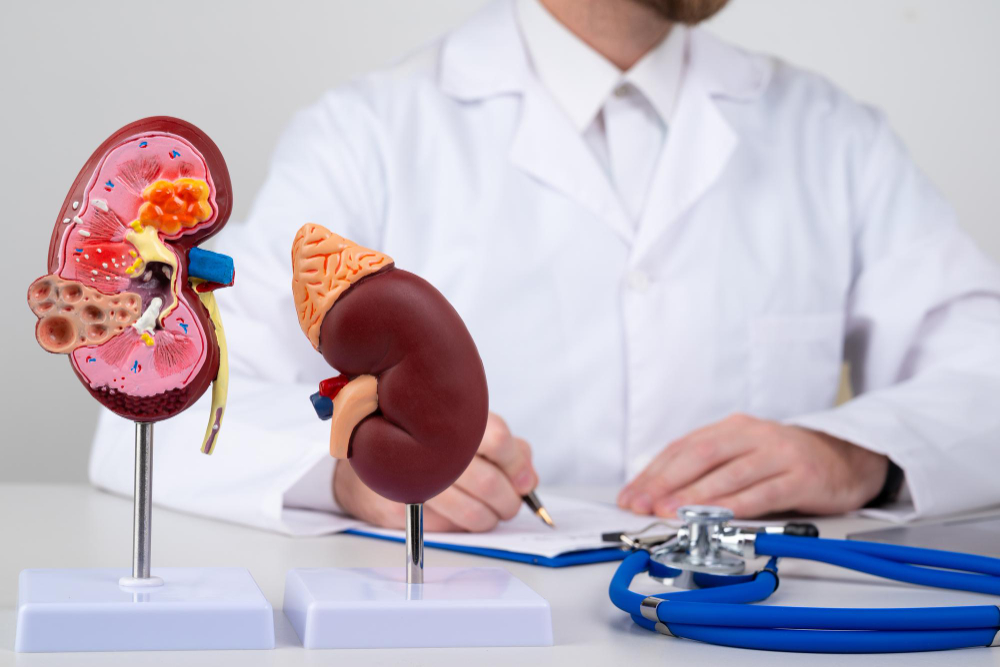What is Acute Kidney Disease?
Acute kidney disease happens when your kidneys suddenly stop working well. This condition can develop in just a few hours or days. Because the kidneys help remove waste and extra fluid, their sudden failure can be serious. Early care is important. Acute kidney disease is also called acute kidney injury or AKI. It is different from chronic kidney disease, which develops slowly over time. Anyone can get acute kidney disease, but it is more common in older adults and people with other health problems.
Common Symptoms
Sometimes, acute kidney disease does not cause clear symptoms at first. However, you may notice some warning signs. Early detection can help prevent further damage. Watch for these common symptoms:
If you notice these symptoms, seek medical help right away. Quick action can make a big difference.
Causes and Risk Factors
Acute kidney disease can happen for many reasons. Often, it is linked to other health problems. Understanding the causes and risk factors can help you stay alert. Here are some common causes:
Some people have a higher risk. For example, older adults, people with diabetes, or those with high blood pressure are more likely to develop acute kidney disease. Also, people with a history of kidney problems should be extra careful.
Diagnosis Methods
Doctors use several ways to find out if you have acute kidney disease. Early diagnosis can help start treatment sooner. Here is how acute kidney disease is diagnosed:
If you have symptoms or risk factors, your doctor may order these tests. Quick testing helps guide the best treatment plan.
Treatment Options
Treatment for acute kidney disease depends on the cause and how severe it is. Acting fast can help your kidneys recover. Here are some common acute kidney disease treatment options:
Most people get better with the right care. However, some may need ongoing treatment if the kidneys do not recover fully.
Prevention Tips
While not all cases can be prevented, you can lower your risk. Simple steps can help protect your kidneys. Try these tips:
Staying healthy and alert can make a big difference.
When to See a Doctor
If you notice signs of acute kidney disease, do not wait. For example, sudden swelling, less urine, or confusion need quick care. Early treatment can prevent serious problems. Always contact your doctor if you feel unwell or have any concerns about your kidneys.
For personalized advice on acute kidney disease, consult a healthcare professional. Early action can help protect your health.

